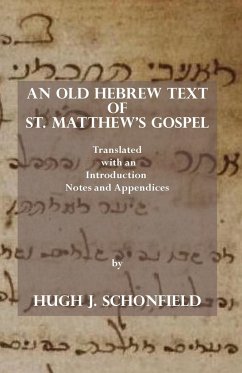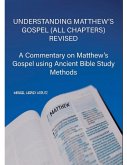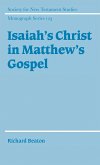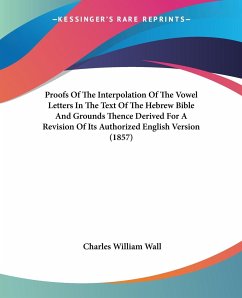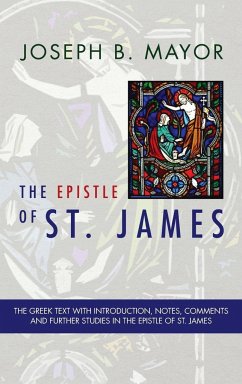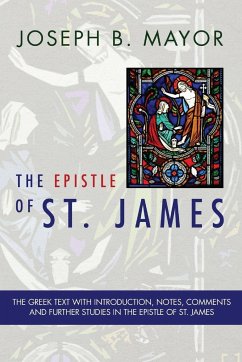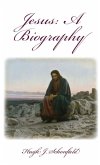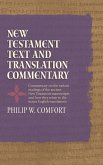In the spring of 1925 the writer purchased from a London antiquarian bookseller a small volume, dated A.D. 1555, containing the Gospel of Matthew in Hebrew, followed by a series of Jewish objections to the Gospel to the number of twenty-three, also in Hebrew. The text of the Gospel was accompanied at the end of the volume by a Latin translation. A dedicatory epistle to Charles de Guise, Cardinal of Lorraine, relates how Jean du Tillet, Bishop of Brieu, while travelling in Italy in the year 1553, found the Hebrew manuscript among the Jews, and brought it back with him to Paris, where he commissioned a Hebrew scholar, Jean Mercier, to translate it into Latin. Mercier, however, has a slightly different tale to tell. In his own preface he states that the Bishop of Brieu had extorted the MS. from the Jews of Rome for the purpose of examination. Confirmatory evidence of this statement appears in the fact that, on 12th August 1553, Pope Julius III. signed a decree for the suppression of the Talmud on the representation of the anti-Semitic Pietro, Cardinal Caraffa, the Inquisitor-General, afterwards Pope Paul IV. This decree was carried into effect in Rome with great ruthlessness on Rosh Hashanna (Jewish New Year's Day), 9th September 1553, for not only were copies of the Talmud seized, on the plea that it was inimical to Christianity, but every Hebrew book on which the minions of the Inquisition could lay their hands. It is highly probable that the Bishop of Brieu found the Hebrew MS. of Matthew's Gospel among the confiscated books.
Hinweis: Dieser Artikel kann nur an eine deutsche Lieferadresse ausgeliefert werden.
Hinweis: Dieser Artikel kann nur an eine deutsche Lieferadresse ausgeliefert werden.

